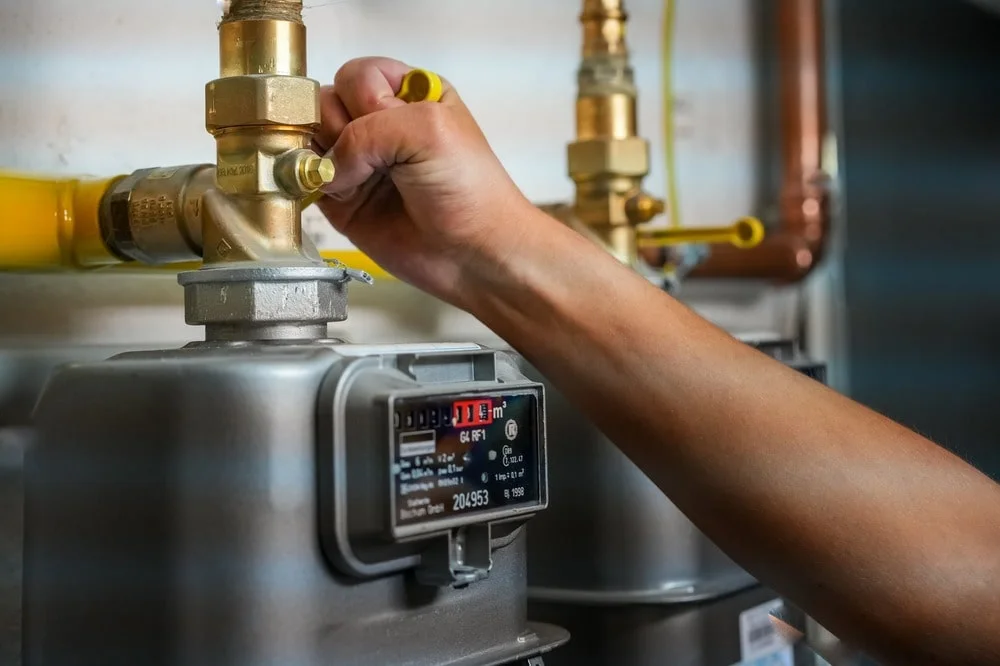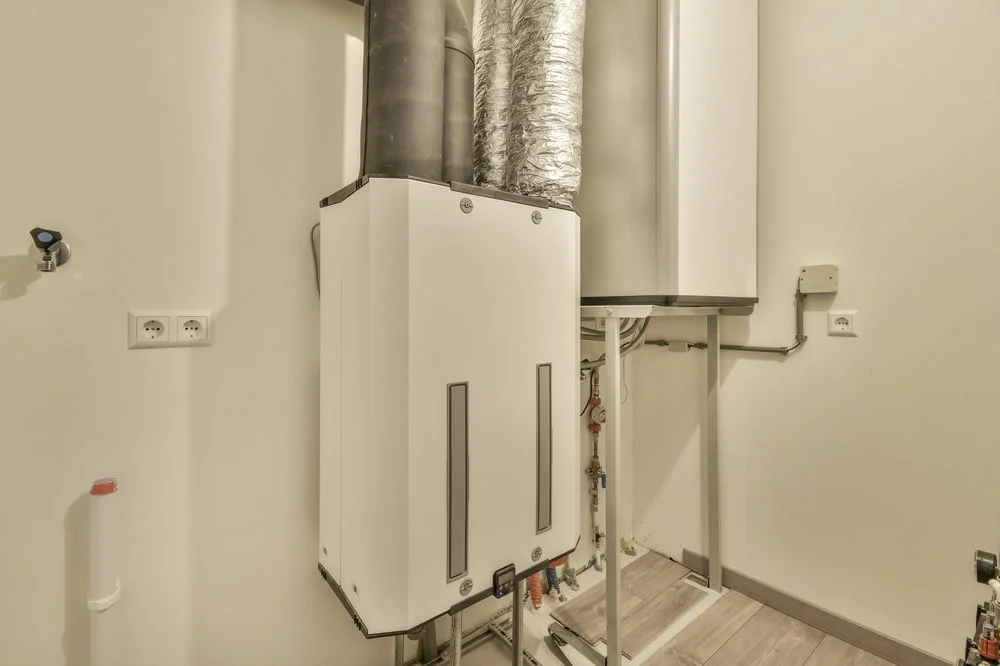A gas water heater is one of the most important items in every household. It keeps your showers warm, your dishes clean, and your clothes fresh. However, like many appliances, it does not endure forever. You’ll eventually need to replace your water heater. But how long does a gas water heater last?
The solution isn’t as simple as you may expect. Several factors come into play, including upkeep and water quality. In this tutorial, we’ll look at the gas water heater lifespan, the indicators that it’s time to replace it, and how to keep your unit running for as long as possible
How Long Does a Gas Water Heater Last?
On average, a gas water heater's lifespan is between 8 to 12 years. With appropriate care and maintenance, certain machines can survive far longer. The average life of a gas water heater is determined by factors such as water quality, consumption patterns, and regular maintenance. If your heater is getting close to ten years old, it's time to start looking for symptoms of wear and tear.
Factors That Influence a Gas Water Heater's Longevity
While you ask how long does a gas water heater lasts? so it is around 10 years, various variables can either lengthen or reduce it. Here’s what you should know.
Sediment Buildup and Its Effects
Over time, minerals and water detritus sink to the tank’s bottom. This sediment accumulation causes the heater to work harder, lowering efficiency and limiting its life. Regular flushing can help prevent this problem.
The Impact of Anode Rod Condition
The anode rod is a metal part that prevents rusting within the tank. If it wears down, corrosion takes hold, resulting in leaks and failure. Replacing the anode rod in a few years can significantly extend how long a gas hot water heater lasts.
Temperature and Pressure Fluctuations
Excessively high temperatures or fluctuations in pressure might put a strain on the heater’s internal components. A defective pressure relief valve can also result in hazardous situations, thereby shortening the unit’s lifespan.
Ventilation and Combustion Factors
Proper airflow is key for a gas water heater to operate safely and effectively. Poor ventilation can result in incomplete combustion, soot accumulation, and even carbon monoxide hazards, all of which can wear out the unit quickly.
How Do I Know If I Need a New Gas Water Heater?
Is it time to replace your unit? Watch out for these red flags:
Unusual Noises and Leaks
If your water heater starts making popping or banging noises, sediment accumulation might be the cause. Persistent leaks can signal internal tank degradation, requiring replacement.
Inconsistent Water Temperature
Fluctuating water temperature is a frequent indicator of a faulty gas water heater. If you’re having unexpected cold showers, your unit may be struggling to keep up.
Rust and Corrosion Indicators
Rusty water or corrosion on the tank indicates that degradation has begun. This is frequently irreversible and indicates that replacement is on the horizon.
Increased Energy Bills
If your gas bill continues to rise despite no significant changes in consumption, an inefficient water heater might be the problem. As heaters age, they need more energy to operate.
How Often Should a Gas Water Heater Be Replaced?
There is no set rule, although most homeowners update their gas water heaters every 8 to 12 years. If your unit is more than ten years old and shows signs of wear, it’s time to consider a replacement. Regular maintenance can help it last longer, but switching to a newer, more efficient one is ultimately the best option.

Comparing Gas Water Heater Lifespans: Tank vs. Tankless
Traditional tank water heaters normally last 8 to 12 years. However, tankless gas water heaters can last up to 20 years if properly maintained. Tankless devices do not hold water, which reduces the likelihood of corrosion and sediment buildup. While they demand a larger initial investment, they are often more energy efficient and have a longer lifespan. You can call us for easy gas water heaters installation and replacement.
Maintenance Tips to Extend Your Gas Water Heater's Life
Want to make the most of your gas water heater’s lifespan? Follow these maintenance suggestions.
Regular Tank Flushing
Flushing the tank once or twice a year reduces silt accumulation, hence increasing efficiency and preventing early failure.
Anode Rod Inspection and Replacement
Check as well as replace the anode rod every 3 to 5 years to keep your heater from rusting and extending its life.
Burner and Vent Cleaning
Keeping the burner and vents clean promotes optimal combustion, lowering the risk of inefficiency and harmful gas accumulation.
Temperature and Pressure Relief Valve Checks
Annually, test the pressure relief valve to make certain it is working properly. A malfunctioning valve might generate excessive pressure, resulting in tank failure.
Choosing a Durable Replacement Gas Water Heater
When it’s time to replace, consider energy efficiency, capacity, and warranty. Look for models with high Energy Factor (EF) ratings to save money on power costs. Tankless water heaters are a really excellent choice for long-term savings and reliability.
Professional Inspection and Maintenance: Is It Worth It?
Absolutely! Professional inspections can detect minor deficiencies before they become costly concerns. Regular service ensures that your heater performs safely and effectively, extending its life. If you are unclear about whether your unit requires repairs or replacement, a professional plumber can offer experienced advice.
The Final Word on Your Gas Water Heater's Lifespan
So, how long does a gas water heater last? While the average lifespan is 8 to 12 years, good care might help you get a few more years out of it. Keep a watch out for warning indications like leaks, corrosion, and shifting water temperatures. When the time comes, buy a long-lasting and energy-efficient replacement to keep your house pleasant.
If you live in Sacramento, California, and need expert guidance on water heater maintenance or replacement, Clarke & Rush is here to assist. Our staff provides skilled inspections, repairs, and energy-efficient solutions to guarantee you have hot water whenever you need it. Call us today to arrange your service!


